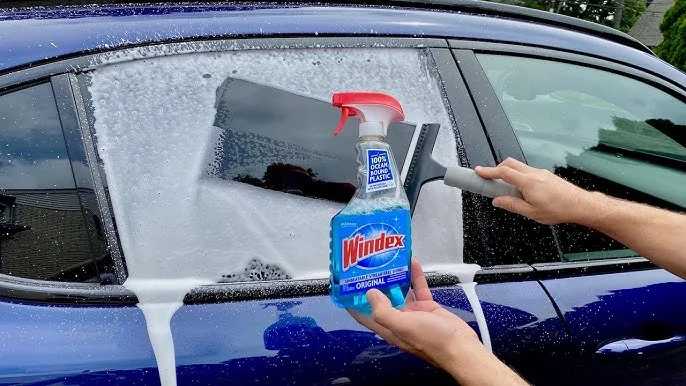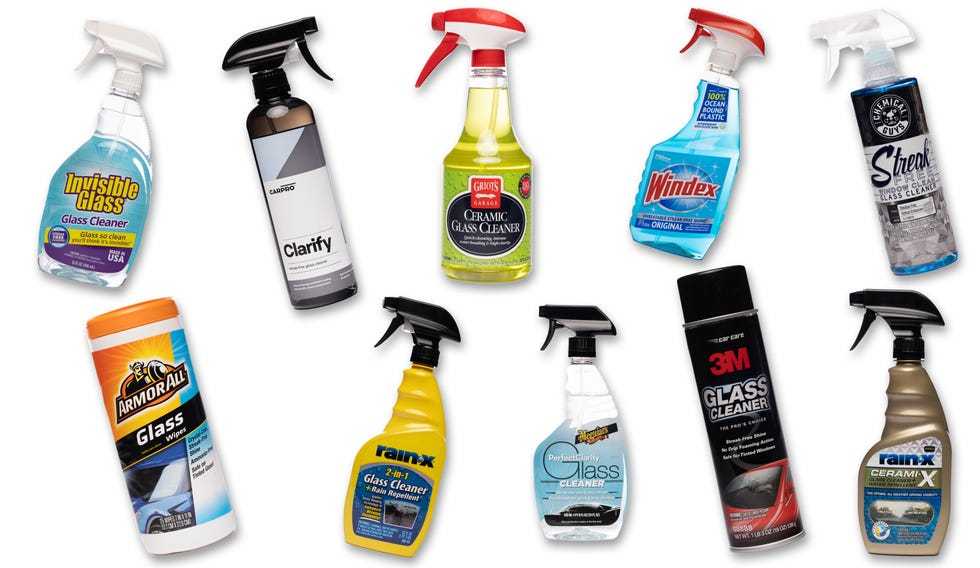Car window tinting can be a game-changer for your driving experience, offering both style and practicality. Whether it’s worth the investment depends on your priorities like comfort, privacy, and protection from the sun. Generally, if you’re looking to reduce glare, block harmful UV rays, and enhance your vehicle’s look, tinting is definitely worth it. However, it’s important to consider local laws and potential costs before making a decision.
In short, car window tinting is worth it if you want increased privacy, UV protection, and a cooler interior. While it’s an upfront investment, the benefits often outweigh the costs, making your daily drive more comfortable and stylish.
Driving in a car with tinted windows can be a game-changer—nothing beats the cool, comfortable ride it provides on hot days. The question of whether car window tinting is worth it comes down to what you value most: comfort, safety, privacy, or style. The benefits are clear: reduced glare, protection from UV rays, and enhanced security for your belongings. Plus, a sleek tint can boost your car’s appearance. On the downside, there are legal restrictions and potential costs to consider. This article explores whether tinting your car windows is a smart investment that improves your driving experience, or if it’s better to stick with plain windows.
Is Car Window Tint Worth It?
Benefits of Car Window Tint
Car window tint offers numerous advantages that make it a popular choice among vehicle owners. It helps block harmful UV rays, which can damage your skin and fade your car’s interior. Many drivers also find that tinted windows reduce glare, making driving safer and more comfortable. Additionally, window tinting improves privacy, keeping your belongings out of sight from potential thieves.
UV Protection and Skin Safety
UV rays can cause skin damage over time, even while inside a vehicle. Quality window tint blocks up to 99% of these harmful rays, protecting you and your passengers. This is especially important for people with sensitive skin or those who spend a lot of time driving. Some tints also have special coatings that prevent skin-related issues and sunburns.
Temperature Control and Comfort
One of the main reasons people choose window tint is for temperature regulation. Tinted windows can reduce the interior temperature of your car by up to 60% during hot days. This helps make rides more comfortable and can even decrease the load on your air conditioning system. Cooler interiors also help protect your car’s dashboard and seats from sun damage.
Glare Reduction and Improved Visibility
Bright sunlight and headlights from other vehicles can cause glare, impairing your ability to see clearly. Tinted windows cut down on glare, which improves visibility and safety. This benefit is especially valuable during early mornings or late evenings, when glare tends to be worst.
Enhanced Privacy and Security
Window tint adds an extra layer of privacy by making it harder for outsiders to see inside your car. This can deter theft and protect your valuables. Darker tints are particularly effective at obscuring the interior, giving you peace of mind when parking in public places.
Appearance and Style
Many car owners find that window tint enhances the look of their vehicle. It offers a sleek, stylish appearance that can make your car stand out. There are various shades and styles to choose from, allowing you to customize your vehicle’s look according to your preferences.
Potential Drawbacks and Considerations
While there are many benefits, tinted windows also come with some potential drawbacks. Certain types of tint can impair visibility at night or in adverse weather. Also, some regions have laws regulating the darkness of window tint to ensure driver safety.
Legal Restrictions and Regulations
Most states and countries set limits on how dark your tinted windows can be. Failing to comply with these laws can lead to fines or having to remove the tint. It’s important to check your local regulations before getting your windows tinted.
Installation Costs and Quality
The cost of tinting varies depending on the type of film and the size of your vehicle. Cheaper options might not last as long or look as good, while higher-quality films tend to be more durable and effective. Professional installation ensures the best results, but it may increase the overall expense.
Types of Window Tint and Their Effectiveness
There are several kinds of window tint to consider, each with its own characteristics. Understanding these can help you decide which is best for your needs.
Dyed Window Tint
This is the most affordable option and provides good privacy. It reduces glare and heat but may fade over time. Dyed films are popular among budget-conscious drivers.
Metalized Window Tint
Metalized films reflect heat and glare more effectively. They also offer increased durability but can interfere with electronic signals like GPS and radio. This type of tint often lasts longer than dyed options.
Carbon Window Tint
Carbon films do not contain metal, so they won’t interfere with signals. They are excellent for heat rejection and have a matte finish that looks sleek. Carbon tint is a popular choice for those wanting a balance of performance and style.
Ceramic Window Tint
This is the most advanced and expensive option. Ceramic films block out the most heat and UV rays while maintaining excellent visibility. They do not interfere with electronics and are highly durable, making them a top choice for many drivers.
Cost-Benefit Analysis of Car Window Tinting
Considering the costs and benefits helps determine if window tinting provides good value for your money.
Initial Investment
Expect to pay between $100 and $400 for a professional tinting job, depending on the vehicle and film type. DIY kits are cheaper but may not provide as professional results.
Long-Term Savings
Tinting can lower your cooling costs by reducing the need for air conditioning. It also helps protect your interior, keeping your car looking new for longer. These benefits can translate into savings over time.
Durability and Maintenance
High-quality films last around 5 to 10 years with proper care. Regular cleaning with non-abrasive products is recommended to maintain clarity and appearance.
Choosing the Right Professional for Installation
A skilled installer is crucial for a seamless, bubble-free finish. Look for reviews or ask for recommendations to find reputable providers. Proper installation also ensures your tint adheres well and lasts longer.
Deciding whether car window tinting is worth it depends on your priorities, budget, and local laws. Its benefits like UV protection, heat reduction, safety, and style often outweigh the costs for many drivers. Consider your specific needs and choose the right type of tint to enjoy a safer, cooler, and more private driving experience.
How to Choose the RIGHT Window Tint | Don't Make A Mistake
Frequently Asked Questions
What are the main benefits of installing window tint on my car?
Car window tint provides several advantages, including reduced glare from the sun, which enhances driving comfort. It also helps keep your vehicle cooler by blocking out heat, which can decrease the need for air conditioning. Additionally, tinting offers privacy for passengers and belongings, while also protecting interior materials from UV damage and fading.
Does window tinting contribute to increased safety in case of an accident?
Yes, window tint can improve safety by holding shattered glass together if an accident occurs, preventing sharp shards from flying inside the vehicle. Moreover, tinted windows can help reduce distractions caused by sunlight or glare, allowing drivers to maintain better focus on the road and react more promptly to hazards.
Can window tinting help in reducing energy consumption for my vehicle?
Installing window tint can make your car more energy-efficient by minimizing the heat entering the vehicle, which reduces the strain on the air conditioning system. As a result, your vehicle consumes less fuel or electricity to maintain a comfortable temperature, contributing to lower overall energy use.
Is the cost of tinting justifiable compared to its long-term benefits?
While the initial cost of tinting varies, many find it worthwhile because of the ongoing benefits such as improved comfort, protection of interior surfaces, and increased privacy. These advantages can enhance your driving experience and maintain your vehicle’s resale value, making the investment more justified over time.
Are there any legal restrictions regarding car window tinting I should be aware of?
Yes, tinting laws differ depending on your location. Some regions specify maximum tint levels for different windows to ensure safety and visibility for drivers and law enforcement. Before applying tint, check local regulations to choose an appropriate tint that complies with legal standards and avoid potential penalties.
Final Thoughts
Car window tint offers several benefits, including UV protection and privacy. It can reduce glare and keep the interior cooler, making driving more comfortable.
Considering these advantages, many wonder if it’s worth the investment.
Ultimately, is car window tint worth it? For those seeking enhanced comfort and safety, the answer is yes. It provides value by protecting your vehicle and improving your driving experience without overcomplicating maintenance.



